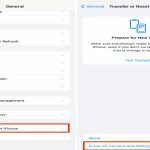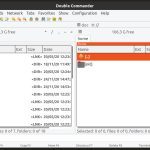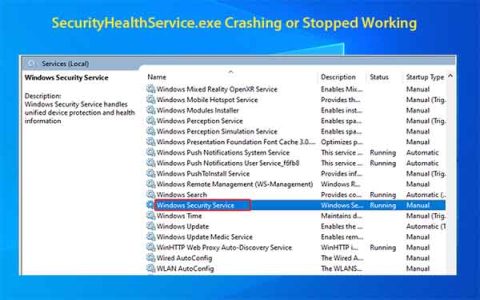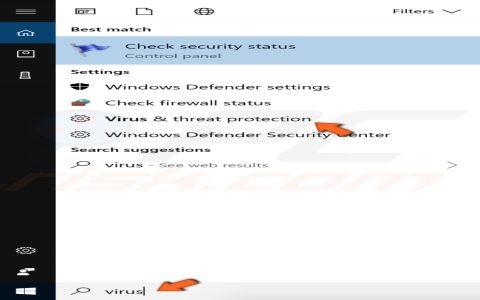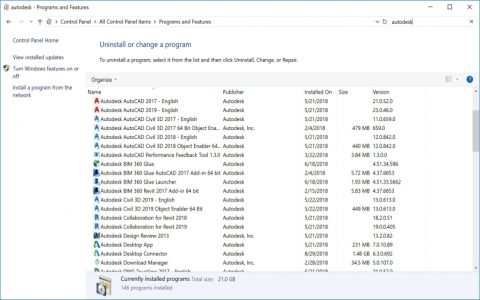Encountering "This webpage was reloaded because a problem occurred" disrupts browsing. Apply these targeted solutions:
1. Check Browser Developer Console
Immediately open Developer Tools (F12 or Ctrl+Shift+I). Examine the "Console" tab for JavaScript errors or network failures that occurred just before the reload. Specific error messages provide critical clues.
2. Clear Cache & Cookies Selectively
Corrupted cached data triggers reload loops. Clear browsing data with precision:
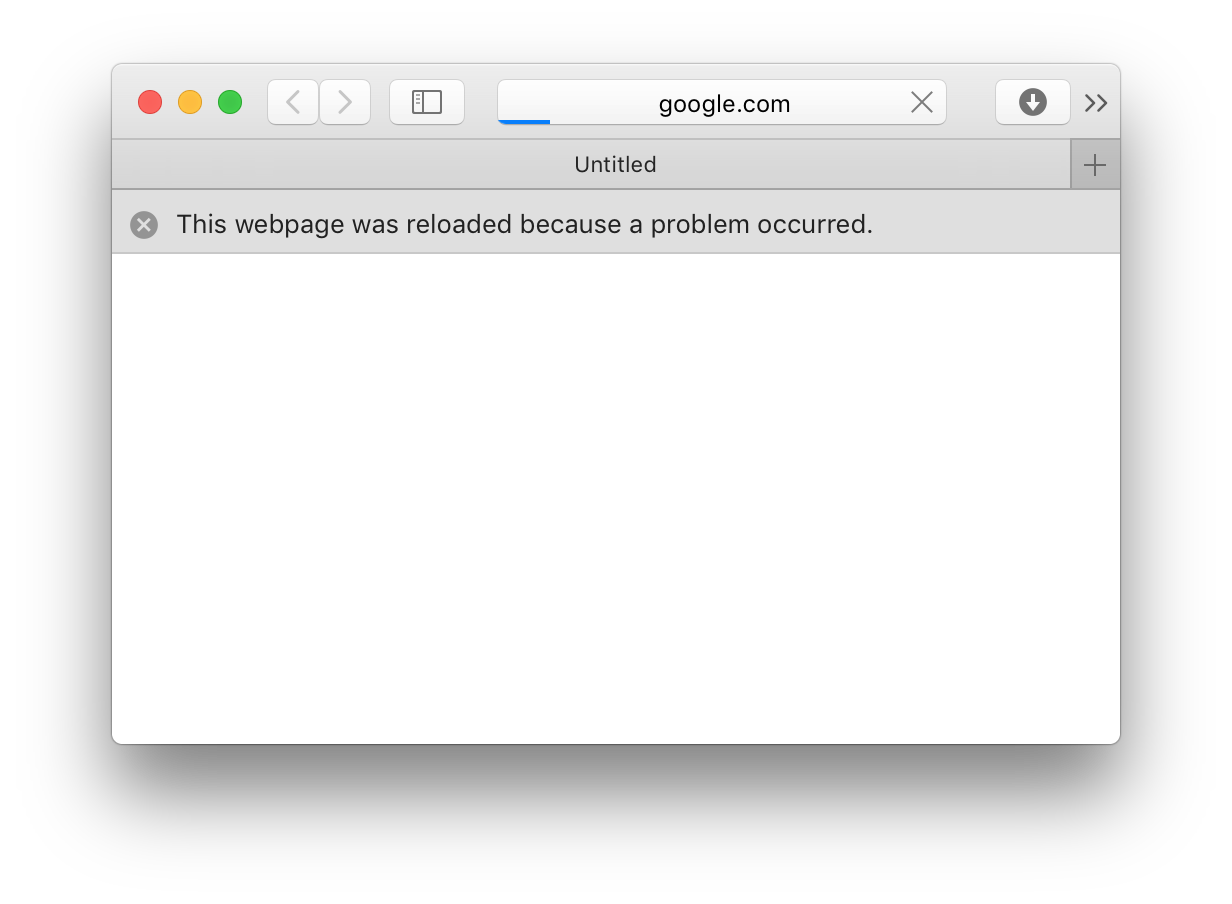
- Access browser settings.
- Clear only cached images/files for the last 24 hours.
- If the issue persists, clear cookies for the specific problematic site.
3. Disable Browser Extensions Methodically
Extensions, especially ad-blockers or security tools, cause conflicts. Identify the culprit:
- Go to browser Extensions settings.
- Disable all extensions.
- Reload the page. If fixed, re-enable extensions one by one to isolate the offender.
4. Reset Browser Settings
If extensions and cache aren't culprits, reset browser state:
- Navigate to browser settings.
- Find the "Reset settings" or "Restore defaults" option.
- Choose "Restore settings to their original defaults". This fixes misconfigurations without deleting bookmarks or passwords.
5. Test Network Stability & Script Blockers
Network interruptions or strict browser security can trigger reloads:
- Ensure a stable internet connection. Switch networks temporarily if possible.
- Check if built-in browser security features (like Chrome's strict Enhanced Protection) block essential scripts. Temporarily try the site in standard protection mode.
- Enable JavaScript if accidentally disabled.
Systematically applying these steps typically resolves the forced reload error by addressing its root causes—JavaScript failures, resource conflicts, or corrupted data.

